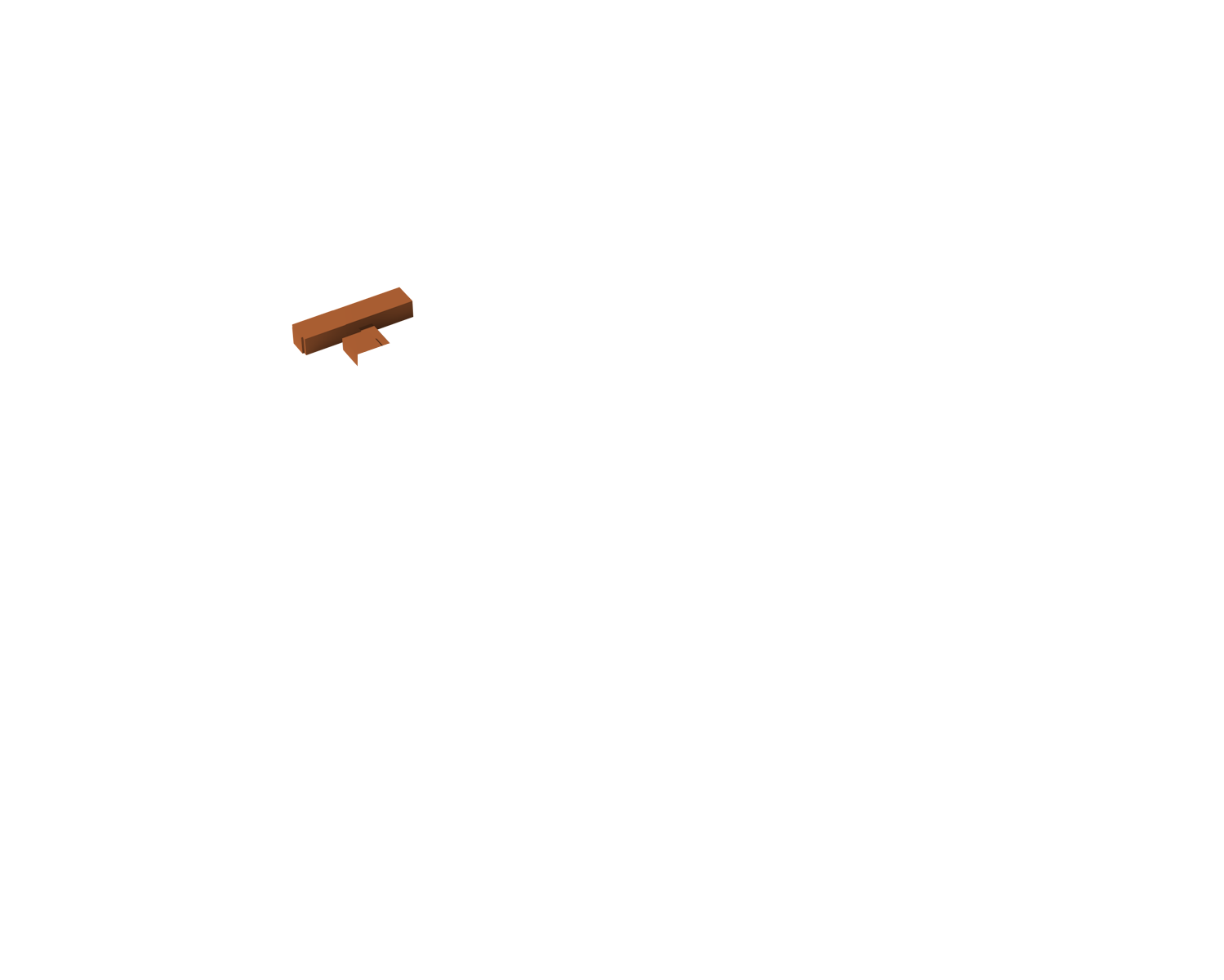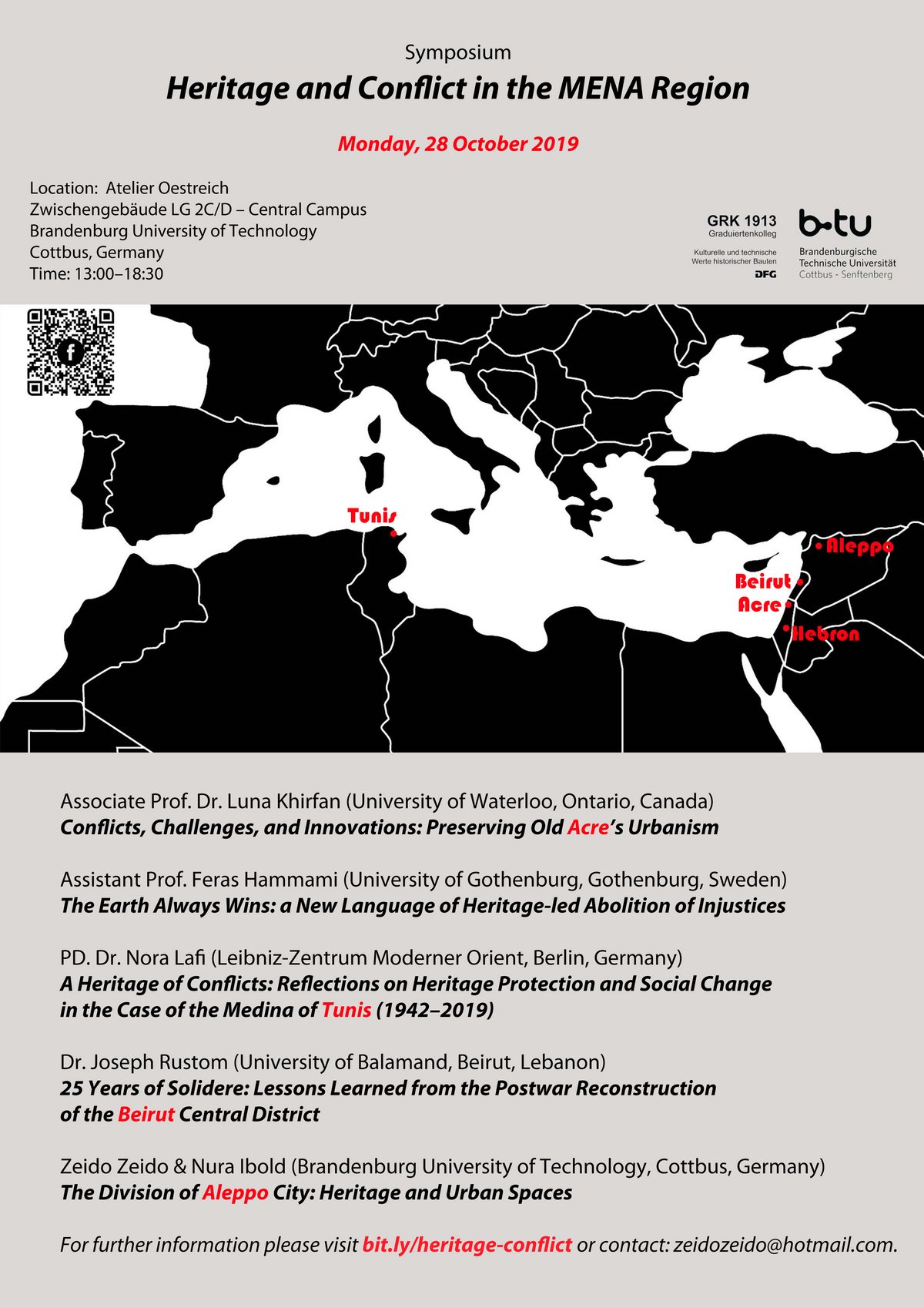Symposium «Heritage and Conflict in the MENA Region. Cases from Aleppo, Beirut, Tunis, Hebron, and Acre»
In Syria, the division of Aleppo to east and west during the ongoing Syrian war was merely a manifestation of the long existing social and physical division of the city. In Lebanon, the postwar urban rebirth of the historic district of Beirut, managed and executed by Solidere, a joint-stock company founded in 1994, has proven unsustainable as the political and economic equilibria that generated it. In Tunis, Tunisia, from the bombings of 1942 to post-war reconstruction, from the colonial and early-Independence measures of heritage protection to the trauma of modernist planning, and from wakalization (the settlement in the old-city of populations of rural origins) to the inscription in 1979 into the UNESCO list of World Heritage Sites, the history of the medina will be read under the light of episodes of conflict. In Israel/Palestine, two cities are examined. The first is the old town of Hebron, where the fragmentation of the city has given rise to a Zionist ‘new Jew’ unfamiliar to the acclaimed Jewish experiences of struggle. This case clarifies how heritage has an emancipatory role to play but only when its colonial uses are exposed and challenged. The second is Acre, a UNESCO World Heritage Site, where the city is examined through three analytical lenses: the physical structure, the social organization, and the behavioral shifts. This exploration unpacks the conflicts, challenges, and innovations that ensued from initiatives to preserve the old city of Acre as a living place.
By examining all these cases together, the conference explores and sheds light on the commonalities and differences caused by the intertwined history and unique position and experience of each city.
Organisers: Nura Ibold, Zeido Zeido.
For further information please contact zeidozeido(at)hotmail.com or check out our Facebook event page.


